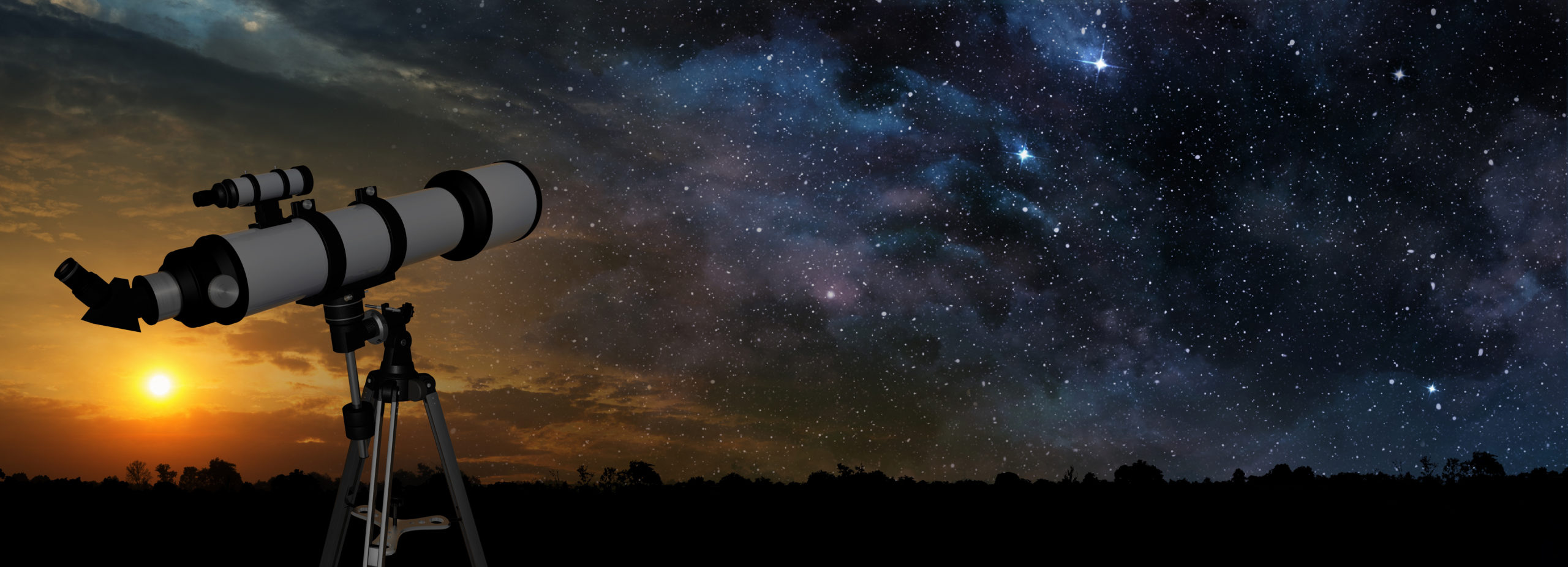

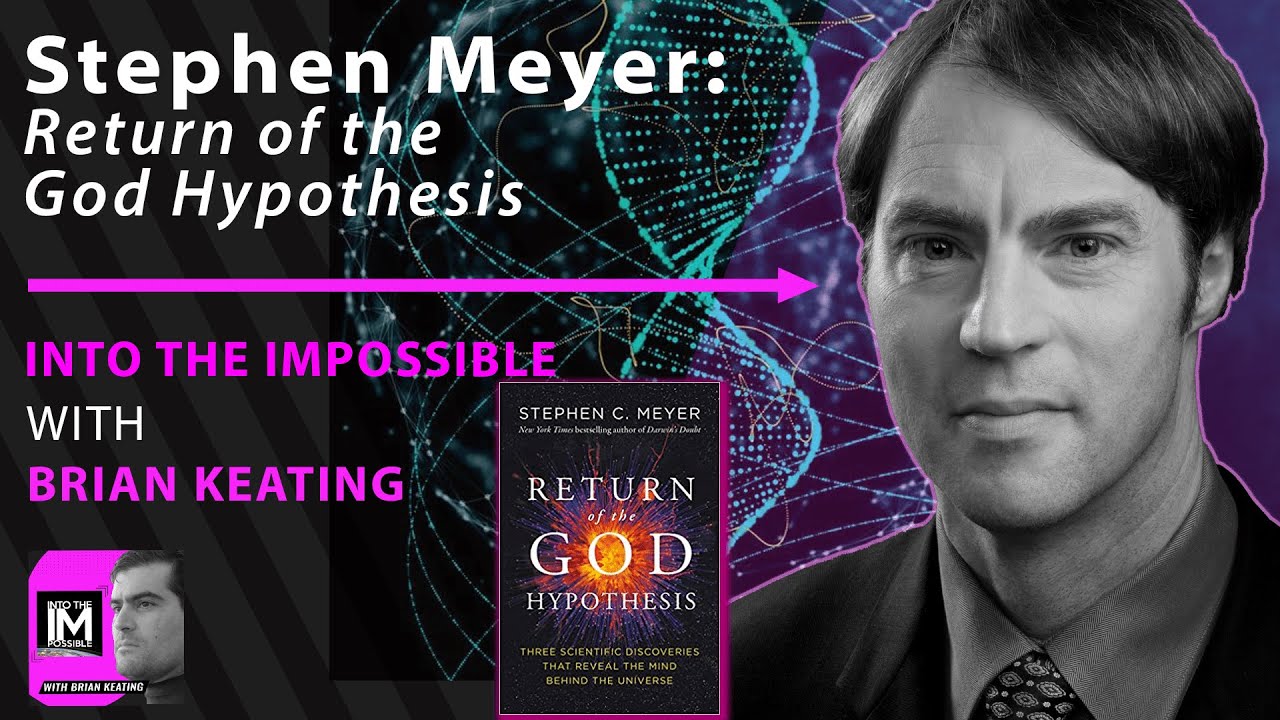
Brian Keating Interviews Stephen Meyer on Return of the God Hypothesis
Stephen Meyer discusses whether the laws of cosmology, physics, and biology exhibit evidence for Intelligent Design. Does Fine-Tuning imply a “Mind” behind the Cosmos, or was the appearance of design inevitable thanks to random fluctuations due to the capaciousness of the Multiverse? Meyer, author of the NYT Bestseller Darwin’s Doubt”, and Keating debate whether we can intuit the existence of Read More ›
Dr. Stephen Meyer: Return of the God Hypothesis
Building on the case for the intelligent design of life that he developed in Signature in the Cell and Darwin’s Doubt, Meyer demonstrates how discoveries in cosmology and physics coupled with those in biology help to establish the identity of the designing intelligence behind life and the universe. An interview with Eric Metaxas on The Eric Metaxas Show. Watch the Read More ›
Stephen Meyer: God and the Origin of the Universe
According to a nationwide survey, more than two-thirds of atheists and one-third of agnostics believe that “the findings of science make the existence of God less probable,” while nearly half of self-identified theists believe “the findings of science are neutral with regard to the existence of God.” But what if there is another option? What if the discoveries of science Read More ›
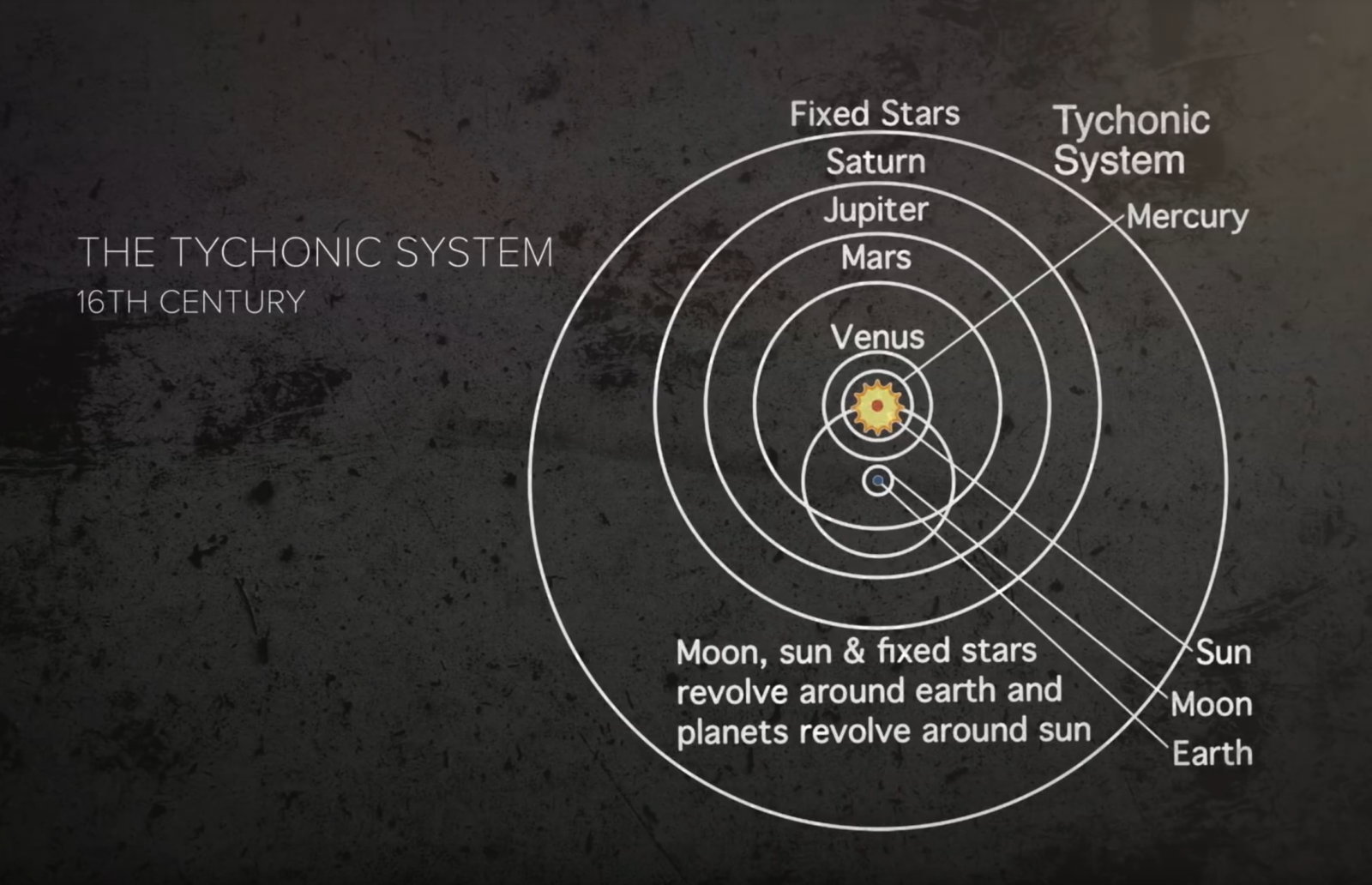
The Actual, Nuanced Story of Galileo Galilei
The Galileo myth posits that the great astronomer’s story illustrates the near-inevitable conflict between science and religion — or “faith and fact.” As science historian Michael Keas explains, the story is actually more complicated, nuanced, and interesting than the myth would have it. In Unbelievable, Professor Keas explores seven myths about the history of science and faith. It’s a great read. Read More ›
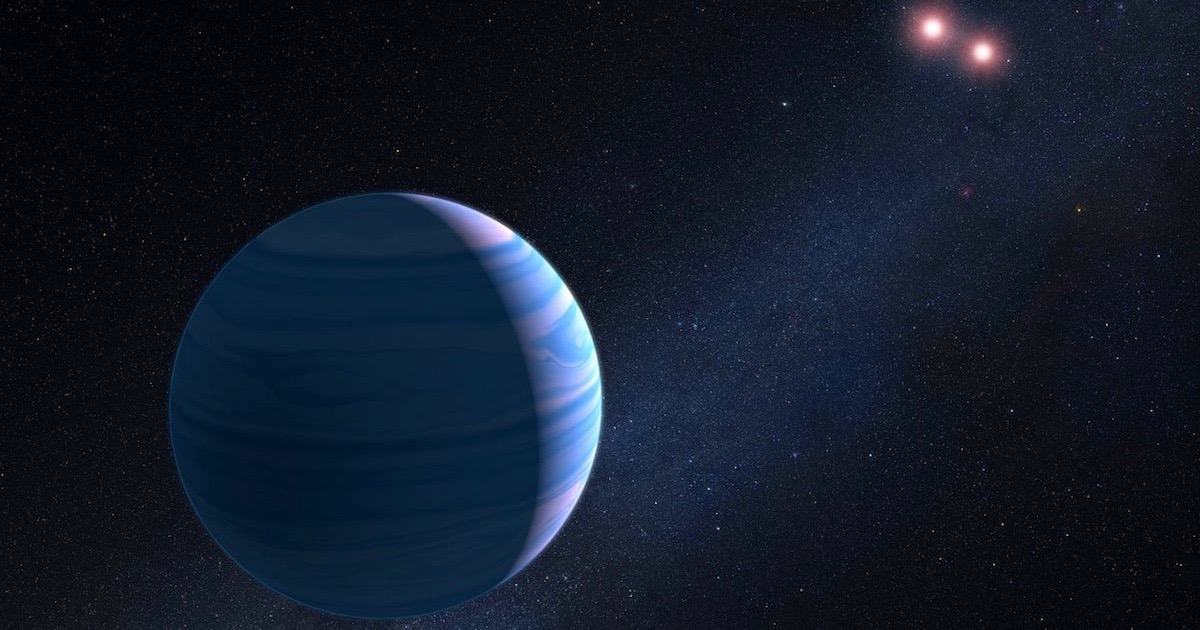
Exoplanets and the Fermi Paradox
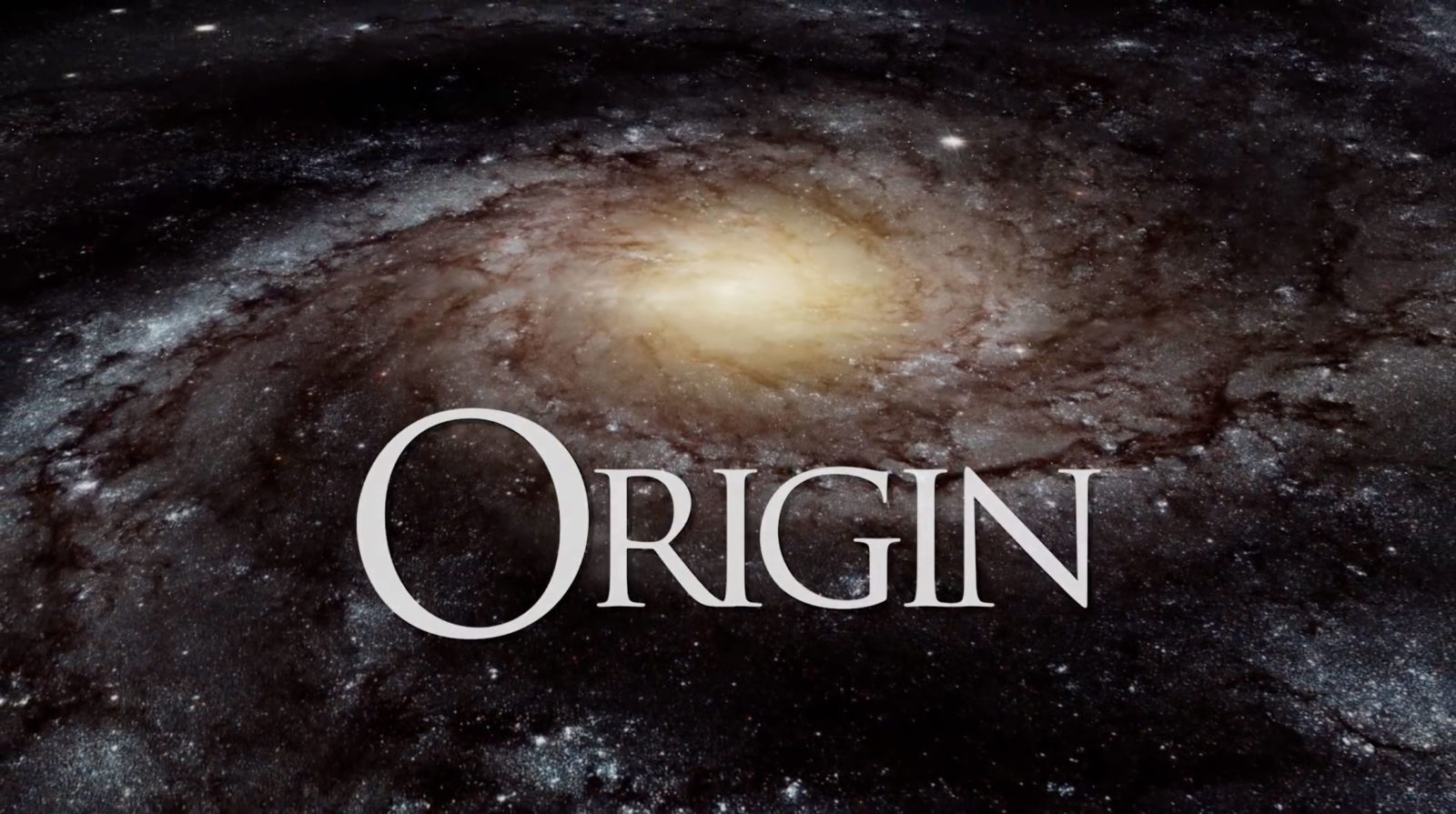
Origin – Trailer
This long awaited sequel to Unlocking the Mystery of Life explores one of the most important and challenging questions faced by science: How did life on Earth begin? Origin effectively confronts scientific materialism and the belief that life is the product of undirected processes, matter and energy. Instead, the origin of the first life is best explained by intelligent design Read More ›

TrueU: If There’s a Beginning, Must There Be a Cause for That Beginning?
In a short excerpt from the TrueU lecture series, Dr. Stephen Meyer remarks on cosmology and worldview.
True U: Featuring Dr. Stephen Meyer on Intelligent Design, Cosmology and the Origin of the Universe
Is there evidence for a designed universe? consider:
1. Whatever begins to exist has a cause that is beyond itself.
2. The universe began to exist.
3. Therefore, the universe has a cause that is beyond itself.
Are you ready for these three steps and what is found beyond? Read More ›
Did Physics Kill God?
Stephen Hawking declared that our understanding of physics proves God did not create the universe. Is he right? Stephen Hawking holds the chair of mathematics at Cambridge University once held by Sir Isaac Newton. So when he declared that our understanding of physics shows that God did not create the universe, it was bound to get attention. Summarizing the thesis Read More ›